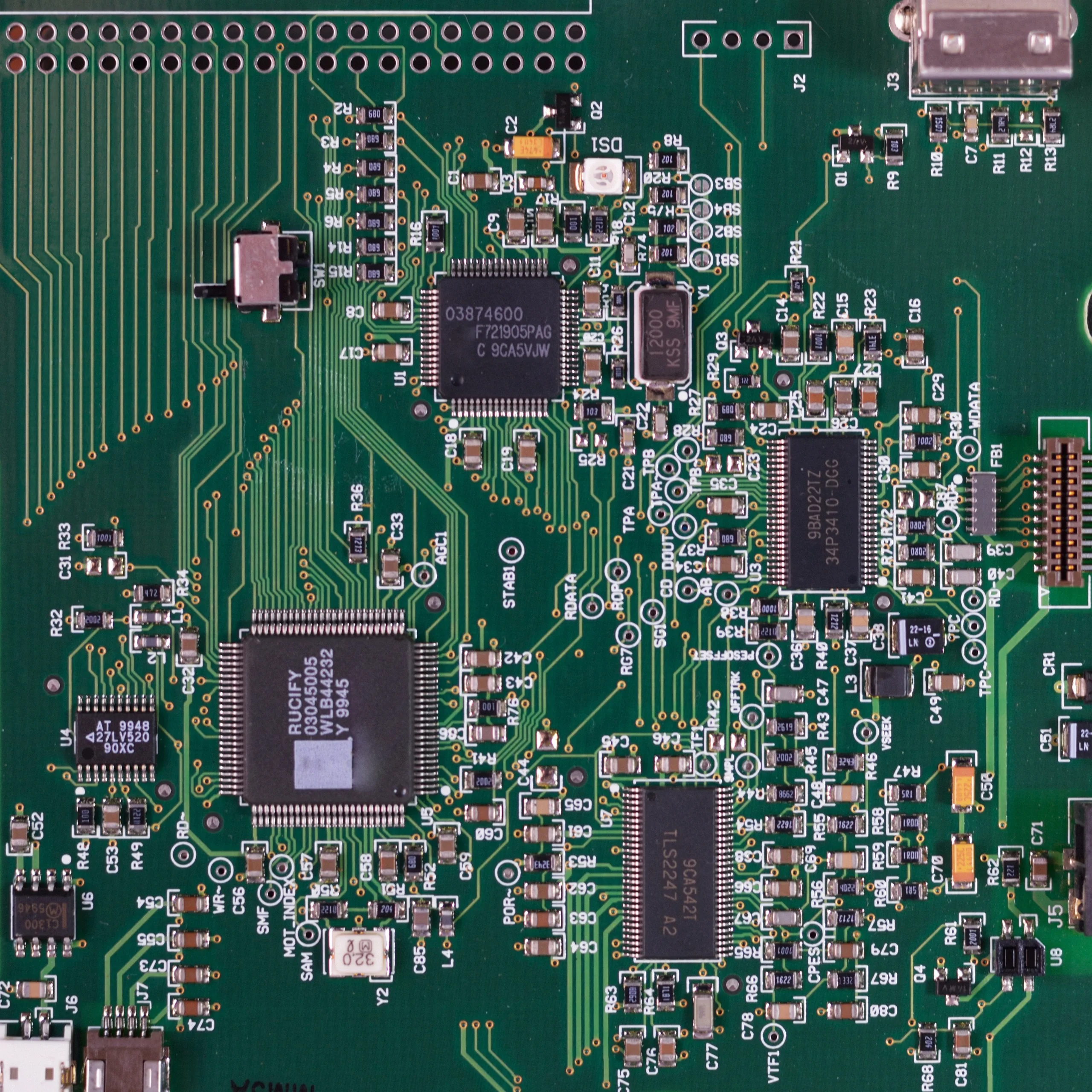The Biden administration has escalated the technology war with China by imposing tighter export controls on semiconductors in an effort to bolster national defenses and overcome perceived existing regulatory mechanisms the solution of the. New legislation passed by the U.S. The Commerce Department disclosure seeks to further restrict the flow of advanced technologies to China, affecting not only mainland China but also the 21 other countries subject to the arms embargo. This article explores these developments and their implications in more detail.
New Export Controls by the Biden Administration
The updated export controls aim to enhance the effectiveness of existing regulations and prevent circumvention of restrictions. US Commerce Secretary Gina Raimondo emphasized the administration’s commitment to safeguarding national security by restricting access to critical technologies while minimizing unintended impacts on trade flows. These controls encompass advanced artificial intelligence chips, including Nvidia’s H800 and A800 products, impacting the tech industry.
Impact on AI Chip Manufacturers
American chipmakers, such as Nvidia, Intel, and AMD, have already felt the consequences of these new export controls. Nvidia reported that the rules introduce additional licensing requirements for exports to China and other markets. The A800 chip, designed for Chinese customers to bypass previous restrictions, will be affected. Despite this, Nvidia anticipates minimal near-term financial impact due to the strong global demand for its products.
China’s Response and Criticism
Unsurprisingly, Beijing responded negatively to the new rules, accusing the US of politicizing trade and technology issues. China’s Foreign Ministry criticized the move, emphasizing the importance of maintaining global industrial and supply chains. While ongoing dialogues between US and Chinese officials had informed Beijing of the impending updates, there was no negotiation with the Chinese side.
International Implications and Industry Reactions
The intensifying tech rivalry between the US and China has drawn in other nations. The United States has garnered the support of European and Asian allies in restricting the sale of advanced chipmaking equipment to China. In response, China imposed its own export curbs on germanium and gallium, vital components for semiconductor production.
These measures have prompted concerns among the semiconductor industry. The Semiconductor Industry Association, representing 99% of the US chip sector, noted the need for national security but cautioned against overly broad unilateral controls that may harm the US semiconductor ecosystem. They called for greater coordination with allies to maintain a level playing field for all companies.
In Europe, ASML, a Dutch chipmaking equipment manufacturer, is evaluating the implications of the new rules but does not expect a significant financial impact in 2023. Peter Wennink, the company’s chief executive, pointed out that these export restrictions will affect between 10% and 15% of the company’s sales to China.
In another development, the U.S. The Commerce Department listed 13 Chinese firms as U.S. companies. companies cannot do business with them for national security reasons. These companies are accused of involvement in the development of advanced anti-U.S. national security interests.
In conclusion, the decision of the U.S. has happened to intensify the export of AI chips has significant implications for technology and international relations. Still unclear is the impact on corporations and the global technological environment, as the United States seeks to protect its national security interests in an ongoing technological war with China.
